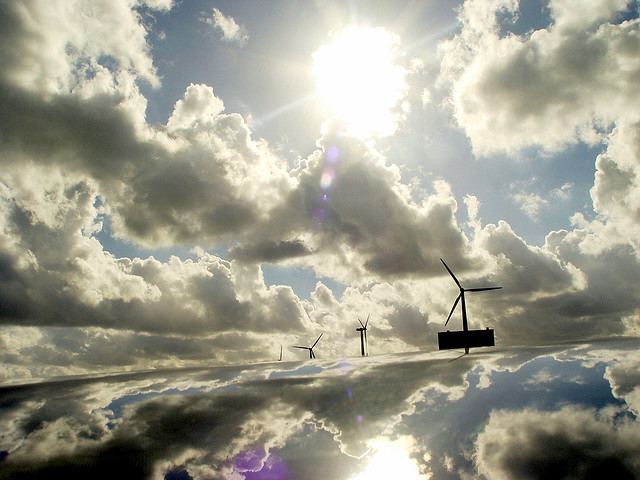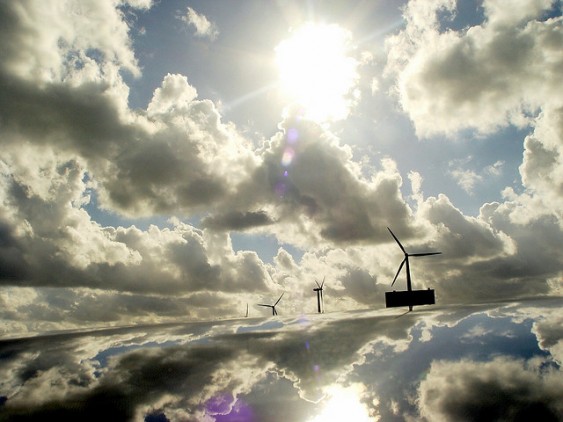Who likes clean energy?
Maybe a better question to ask is ‘Who doesn’t?’
(Spoiler: The hold outs on this one are more likely to be older, white, well-to-do, and more conservative.)
Recent poll numbers show that when voters’ attitudes are concerned, clean energy cleans up. Healthy majorities of Americans favor a pair of congressional efforts to boost the use of abundant clean energy sources like wind. On the flip side, even bigger majorities (69 percent) oppose federal subsidies for big fossil fuel polluters, including 67 percent of registered Republicans, 80 percent of independents, and 68 percent of Democrats.
The latest United Technologies/National Journal Congressional Connection Poll found that:
Almost two-thirds—64 percent—of those surveyed said that Congress should extend federal tax credits that encourage production of alternative-energy sources that are due to expire at year’s end. In a separate question, 64 percent of respondents said they support enactment of a clean-energy standard, which would require the country to produce a higher percentage of its electricity from cleaner sources of energy.
Notably, as National Journal reports, support for both policies was higher among blacks and Hispanics, younger people, and earners making less than $30,000 a year.
While 61 percent of whites said they support extending clean-energy tax credits, 72 percent of Hispanics and blacks said they do.
Just over three-quarters of respondents between ages 18 and 29 said they support extending the tax credits, while just 54 percent of respondents older than 50 said they do.
Then there’s the predictable partisan divide. But it’s not as bad as you might think. Support for these measures is stronger among Democrats and independents. But respondents identifying with the GOP are split. Almost half of Republicans said they support extending clean-energy tax credits (48 percent) and enacting a clean-energy standard (47 percent). Congressional Republicans do not seem to share this split.
So, what does all this mean for policy? As National Journal‘s Amy Harder writes, “The poll’s findings indicate a disconnect between what the public says it wants and what this Congress is able or willing to do on energy policy, which in an election year is mostly nil.”









